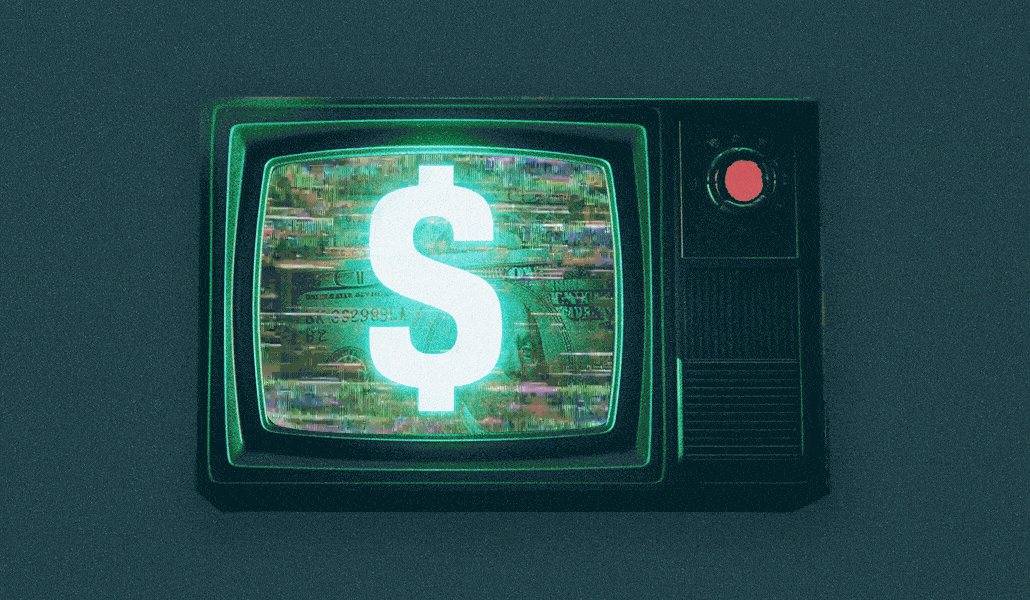Entertainment
What a new TV show and its parallel mobile game say about the future of entertainment across media

In today’s entertainment landscape, transmedia is the buzzword du jour — and gaming is driving the narrative. The trend was on full display earlier this week, when the creators of “DC Heroes United” announced that the series would launch alongside a parallel mobile game.
It’s no secret that Hollywood and gaming have been involved in a romance for the past two years. These days, intellectual property holders understand that it is necessary for their properties to exist across multiple formats to truly capture the attention of modern audiences.
Genvid Entertainment’s new television series “DC Heroes United” takes the trend one step further by interweaving the series’ narrative with a video game in real time. Announced on Nov. 11, the cartoon show — which follows the adventures of DC Comics’ Justice League — is interspersed with decision points featuring scannable QR codes that direct viewers to the mobile game via the Apple App Store or Google Play.
By playing the game or watching mobile ads, viewers gain opportunities to vote on the outcomes of each episode. What audiences do in the game affects the series, and, in turn, what happens in the narrative of the series affects the game. The show’s writing team includes seasoned comic book writers including Gail Simone, Josh Fialkov and Brian Buccellato — but at the moment, none of them knows exactly how the story is going to play out.
“This is the difference between a [Netflix interactive title] ‘Bandersnatch,’ where I’m going to choose my own adventure, and then none of it really matters,” said Genvid CEO Jacob Navok. “This will be permanent in that storyline — two, three or 10 episodes in, this is the history of the show, and we are always going to treat the choice that the audience made as that canonical choice.”
The “DC Heroes United” game launches on Nov. 20, and the first episode of the show will air on Tubi on Nov. 21. Although the narrative of the show runs in tandem with the parallel mobile game, its creators believe audiences will be able to enjoy both of them independently as well.
“We see this as fully standalone; Tubi does not want to distribute cutscenes from a DC video game, and that’s because it’s not cutscenes from a video game — it’s a television series in its own right, with 16 full-length episodes,” said Matthew Ball, who acted as an executive producer on the project. “As part of the mobile game, there will be people who never watch the series, and that’s okay, too.”
The parallel nature of the “DC Heroes United” TV show and video game reflects the central role of gaming in the rise of transmedia. Younger audiences in particular crave interactivity, and interweaving the narratives of both the mobile game and television series brings a level of interaction to the show that could appeal to this growing cohort of media watchers.
“Every day, there are more people playing video games than the day before, because every young person who turns six or seven and starts playing Roblox or Minecraft or whatever is replacing somebody else in humanity who hadn’t been playing games, and so these audiences are growing up with the expectation of interactivity,” Navok said. “There will be more kids who played games today than there were yesterday. There will be more tomorrow than today. This is just the nature of how entertainment is going.”
The primary revenue stream for “DC Heroes United” is ultimately the video game, which incorporates both mobile ads and in-app purchases. However, the interwoven nature of the television series’ narrative creates a direct line between the show and the game’s monetization levers that is not necessarily available for other adaptations. The connection between the two properties creates a potentially appealing, but entirely optional opportunity to monetize the attention and engagement of viewers of the show.
“Now, you’re bridging those two audiences together through one storyline — it’s this mass reach effect,” said Sami Barnett, head of gaming at agency The Marketing Arm. “I think it’s really authentic how they’re doing that. Gamers want to feel understood, they want to be heard, and this is giving them a voice in a very unique way.”
https://digiday.com/?p=560689










